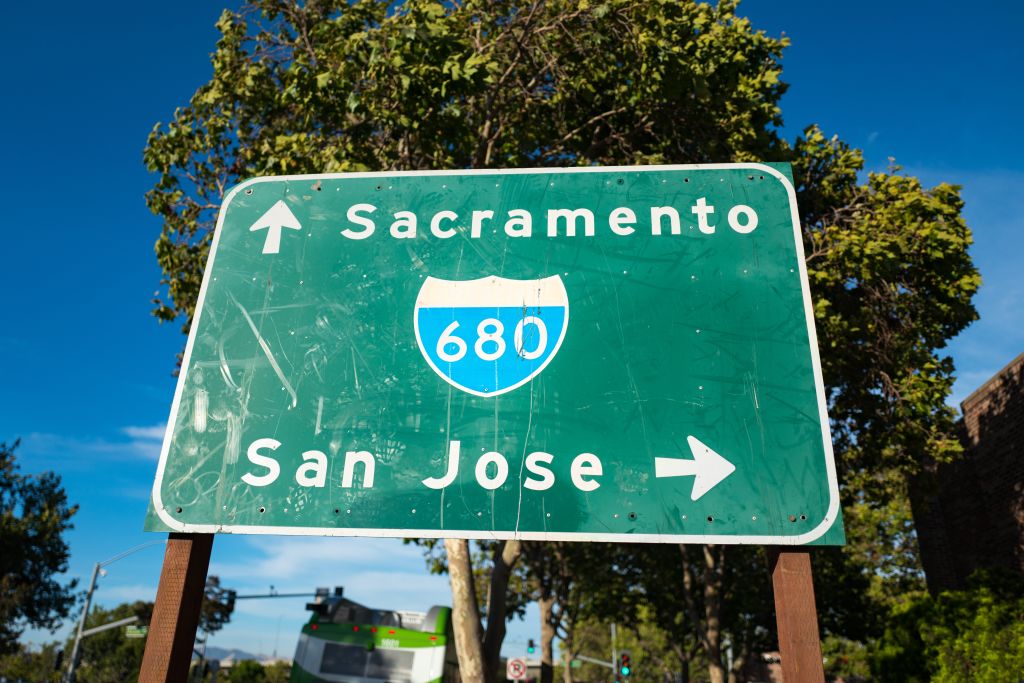Seeking to avoid a repeat of the four-and-a-half day BART strike last month -- a strike that gnarled traffic lanes and forced some commuters to telecommute or simply not work at all -- California Gov. Jerry Brown stepped in.
On Sunday night, in the waning hours of a negotiation deadline, Brown designated the flailing talks a risk to the “public’s health, safety and welfare.”
It’s a decision that buys the two sides time to iron out a deal, and provides a three-member board of inquiry the chance to evaluate whether both parties are acting in good faith.
But will the bold move create the desired result, a contract agreement?
“What happens typically is that we go through these procedures, the governor convenes
fact-finders who have no authority to issue recommendations, and they sit and they gather facts,” said William Gould, a professor emeritus at Stanford Law and an expert in labor relations. “Usually, that has very little consequence and doesn’t have a bearing upon what the parties do.”
Gould, who served as chairman of the National Labor Relations Board under former President Clinton and has arbitrated or mediated more than 200 cases in his career, predicts the most likely outcome for this intervention is a 60-day cooling off period, and possibly a strike.
The history on the matter says that he’s probably right.
Local
In the last 25 years, there have been five instances in which a California governor has intervened in a BART-Union labor dispute.
None of those interventions resulted in a contract agreement directly following a board review.
In each case, a final agreement was struck in September or October, some two-to-three months after the expiration of the original contract.
In one particularly vitriolic negotiation, the 1997 dispute, the result was not only a “cooling off” period declared by then Governor Pete Wilson, but also an eight-day strike that shut down BART and wreaked havoc on the local economy.
You can find a chronological history of BART’s events, negotiations and actions from 1947 until 2009 in this document, posted on the agency’s website.
Gould says absent a rare gesture from Governor Brown, in which he personally injects himself into talks to try and force an immediate resolution, the current dispute is likely fated for the same months-long stalemate.
“I don’t think he’s willing to stake his personal prestige on this dispute,” Gould said. “I think that would be a difficult stance and step to take.”
Members of the Brown-appointed board will hold a public hearing Wednesday, August 7th, in Oakland, to review the disputed matters.
BART President Tom Radulovich told the media that the financial position of the two groups is roughly $240 million apart, a size able gap that includes wages, health care costs and pension contributions.
Should the board review prove ineffective, Gould says Brown would likely seek a 60-day injunction like many of his predecessors.
That delay, however, could very well heighten the impact on Bay Area residents.
“After labor day, students are going to be returning to school, a lot of people who are away on vacation are going to be returning,” Gould said. “Really, we’re going to be in the midst of *much greater activity here.”



